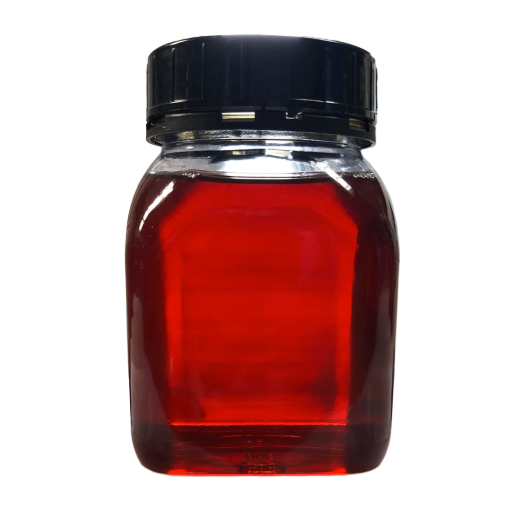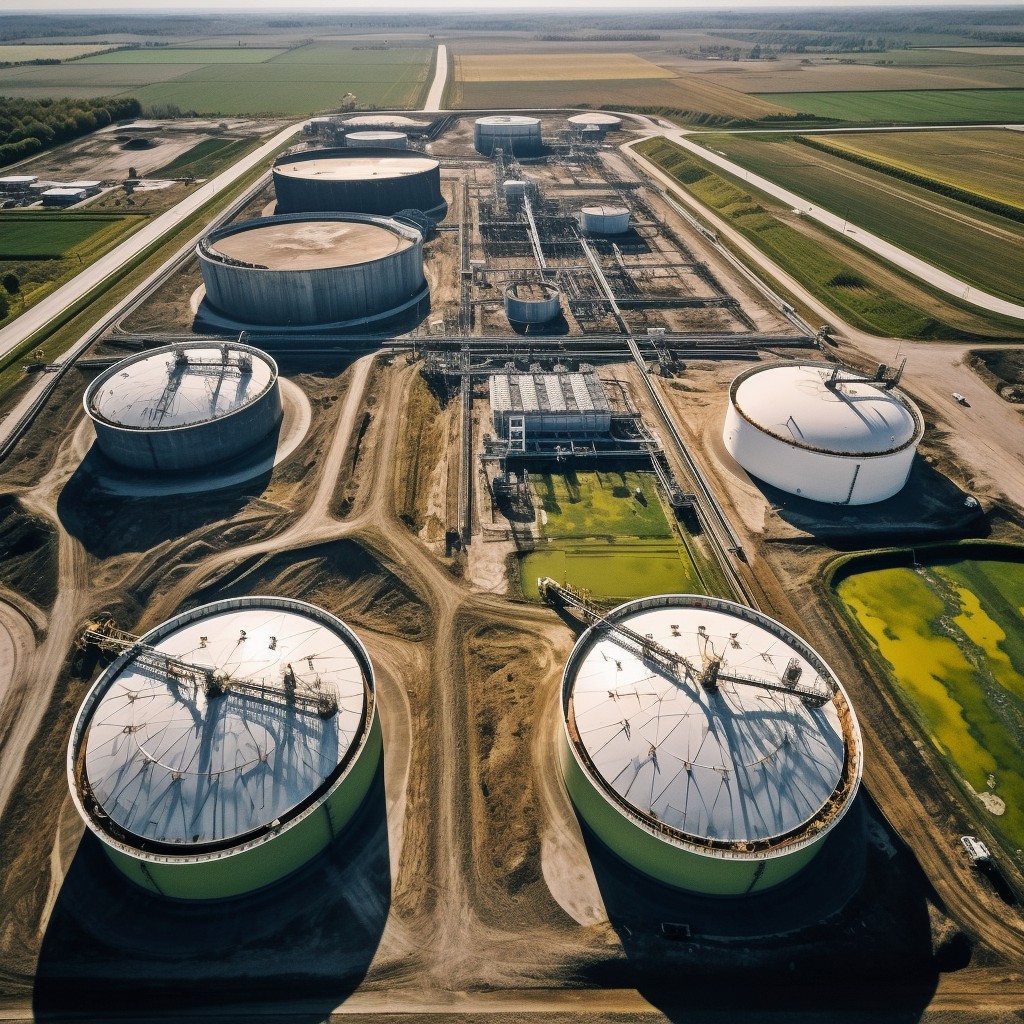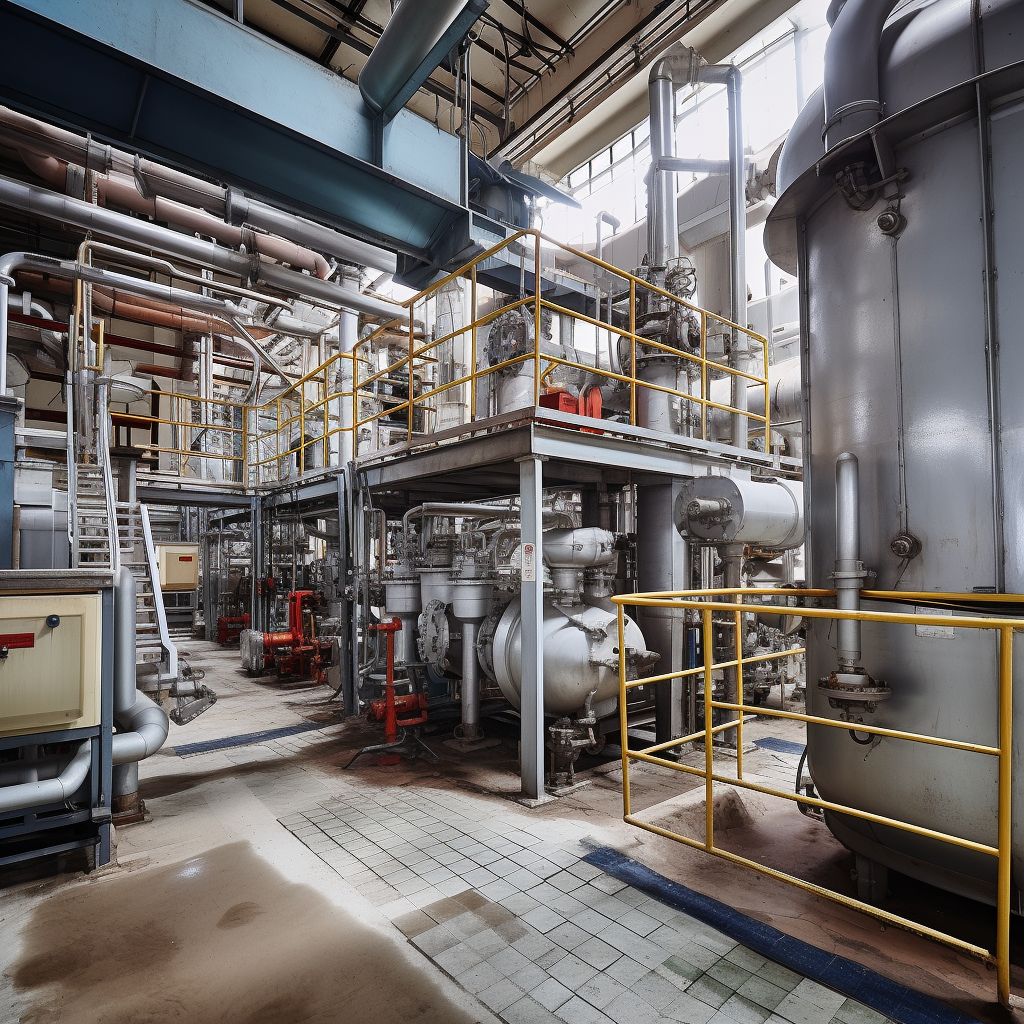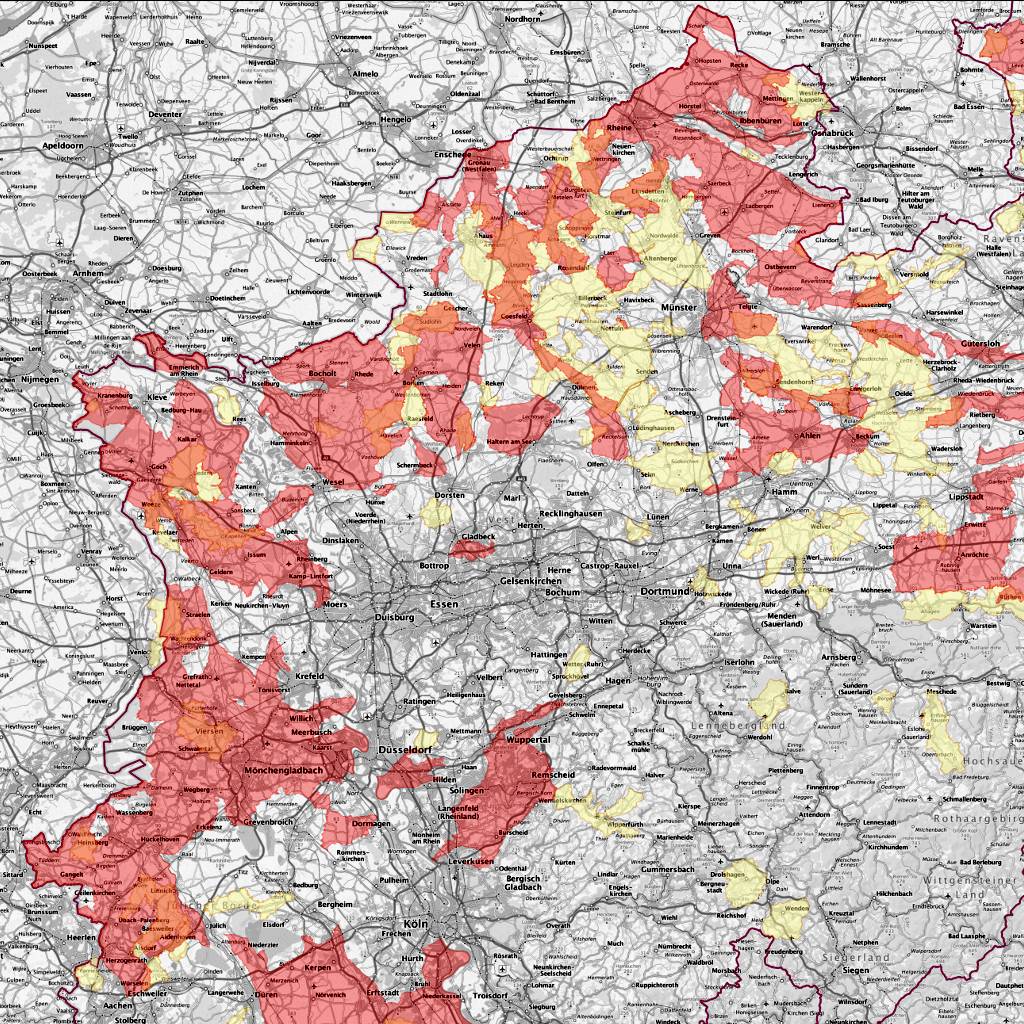We make manure better.
Much better.
Agrogreen’s technology produces a concentrate that requires about 70% less storage space than the original manure and digestate.
The concentrate saves money on storage, transportation and spreading.
The transparent liquid contains almost no phosphorus and is immediately and completely absorbed into the soil when applied.
No thermal hygienization is required for digestate due to a sterile filtration process.
And possibly most importantly, the concentrate emits no ammonia and no climate gases.









